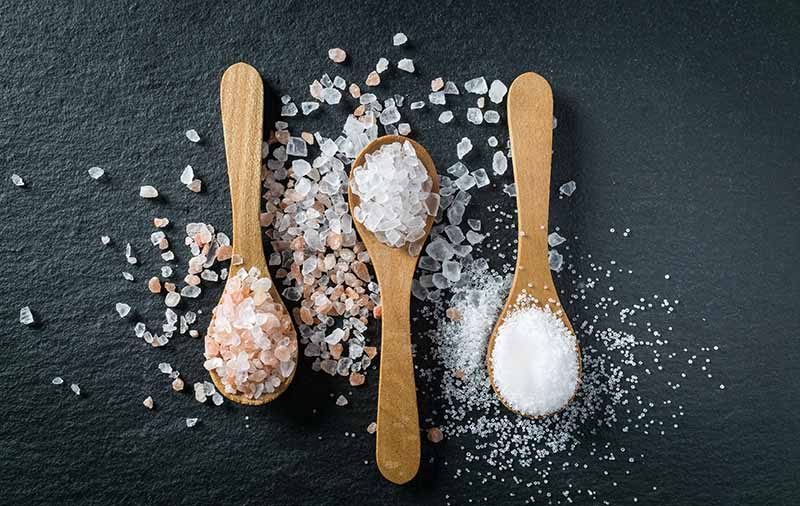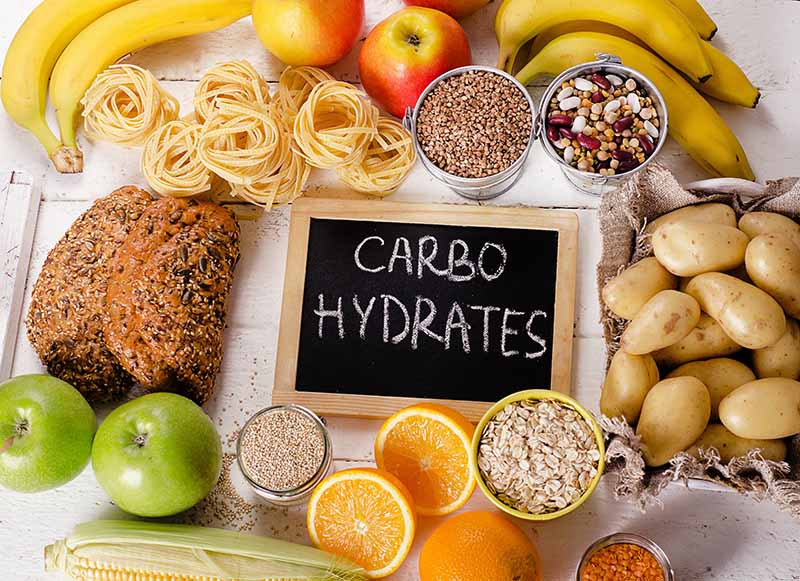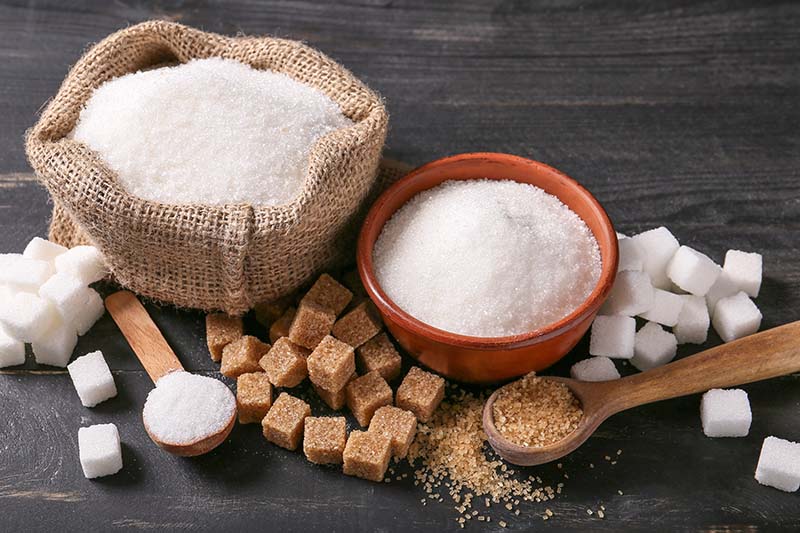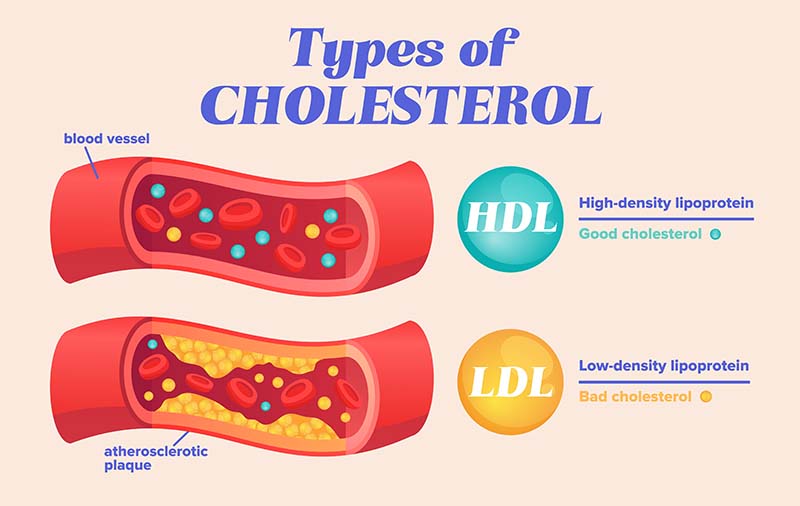Eating a healthy and balanced diet is essential to our long-term health, energy levels, and overall well-being. Many of us are familiar with the common fruits like apples, bananas, oranges etc., but did you know that they come packed with different nutrient profiles? Here, we’ll explore which type of fruits have the best health benefits and how you can incorporate them into your diet for optimal nutrition. So whether you want to boost your immune system or maintain healthy skin, there’s sure to be something in here for everyone!
The Benefits of Eating Bananas – they are packed with potassium, fiber, and vitamin B6

Bananas are often considered a staple fruit in many households, and for a good reason. These yellow wonders are packed with a range of health benefits that make them a perfect addition to any diet. Bananas are an excellent source of potassium, which helps regulate blood pressure and reduces the risk of stroke. They are also rich in fiber, which aids in digestion and promotes feelings of fullness.
Additionally, bananas contain vitamin B6, a nutrient that supports brain function and helps to reduce the risk of heart disease. Whether you enjoy them as a snack or incorporate them into your meals, bananas are a delicious and nutritious way to boost your health.
Citrus Fruits for Vitamin C – oranges, lemons, and grapefruits are high in antioxidants
Citrus fruits are often the go-to option for individuals looking to increase their vitamin C intake. Not only are oranges, lemons, and grapefruits rich in this essential nutrient, but they also contain a high amount of antioxidants. These antioxidants work to protect the body from free radicals that can damage cells and lead to the development of diseases.
Incorporating these fruits into your diet is a simple and effective way to boost your immune system and improve your overall health. So, next time you’re in the produce aisle, consider grabbing a few citrus fruits to add to your daily routine.
Apples for Fiber and Antioxidants – apples contain a good amount of dietary fiber and polyphenols
Incorporating apples into your diet is a smart choice for many reasons. Apples are an excellent source of dietary fiber, which aids in digestion and can help regulate blood sugar levels. But that’s not all; apples also contain polyphenols, a type of antioxidant that helps protect cells from oxidative damage.
This can have a positive impact on your overall health, as oxidative stress has been linked to various diseases. Whether you prefer to snack on them whole, slice them up in a salad, or use them in baking, adding apples to your diet is a simple way to boost your fiber and antioxidant intake.
Berries for Anti-Inflammatory Properties – blueberries, strawberries, raspberries — all are high in anthocyanins
Berries have been valued for their health benefits for thousands of years, and science has confirmed that these small fruits are indeed packed with powerful nutrients. One of the most beneficial properties of berries is their anti-inflammatory effects. Blueberries, strawberries, and raspberries, in particular, are rich in anthocyanins, a group of antioxidants that have been extensively studied for their ability to fight inflammation.
Anthocyanins work by neutralizing free radicals, reducing oxidative stress, and modulating certain signaling pathways in the body. By consuming these berries regularly, you may be able to significantly reduce your risk of chronic inflammatory diseases such as heart disease, diabetes, and arthritis. So, next time you’re looking for a healthy snack, consider reaching for a handful of sweet, juicy berries.
Pomegranates for Heart Health – pomegranates contain compounds that can help lower bad cholesterol levels
Pomegranates have gained popularity as a superfood due to their numerous health benefits, particularly for the heart. These ruby-red fruits are rich in antioxidants and contain compounds that have been found to help protect against heart disease.
Of particular note is their potential to lower bad cholesterol levels, which can help reduce the risk of developing clogged arteries that can lead to heart attacks and strokes. Research has shown that the polyphenols and flavonoids present in pomegranates are responsible for this cholesterol-lowering effect. Including pomegranates in your diet can be a delicious way to keep your heart healthy and thriving.
Avocado for Healthy Fats – avocados are rich in heart-healthy monounsaturated fatty acids
For those looking to add some healthy fats to their diet, avocados should be at the top of the list. These green gems are packed with heart-healthy monounsaturated fatty acids, which have been shown to help improve blood cholesterol levels and support overall heart health.
What’s more, avocados are also a good source of fiber and contain a variety of essential vitamins and minerals, making them a nutritious addition to salads, smoothies, and a variety of other recipes. So whether you’re looking to boost your health or simply add some delicious flavor to your diet, consider incorporating more avocados into your meals.
Supplementing your diet with Fruit IQ
To sum it up, adding more fresh fruits to your diet can be a great way to improve your overall health and well-being. Not only are these fruits delicious, but they are also packed with essential vitamins and minerals. Bananas are high in potassium and fiber, citrus fruits like oranges, lemons, and grapefruits are loaded with vitamin C, and apples are good sources of dietary fiber and antioxidants. In addition, berries like blueberries, strawberries, and raspberries have anti-inflammatory properties. Pomegranates also help support heart health by lowering bad levels of cholesterol. Finally, avocado is a great source of healthy fats that can benefit the heart. By including these nutrient-rich options into your daily diet routine you will give your body the nourishment it needs.
Alongside incorporating fruits, if you’re looking to sneak a guilt-free snack in your diet, look no further than Fruit IQ’s fruit rolls! Vegan by design, zero added sugars, good source of fiber, great taste… what’s there not to love? Check out our offerings today by visiting our website and our shop today!









